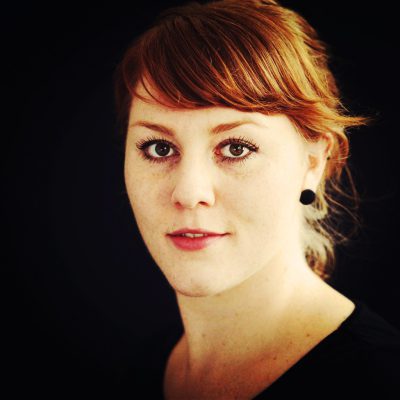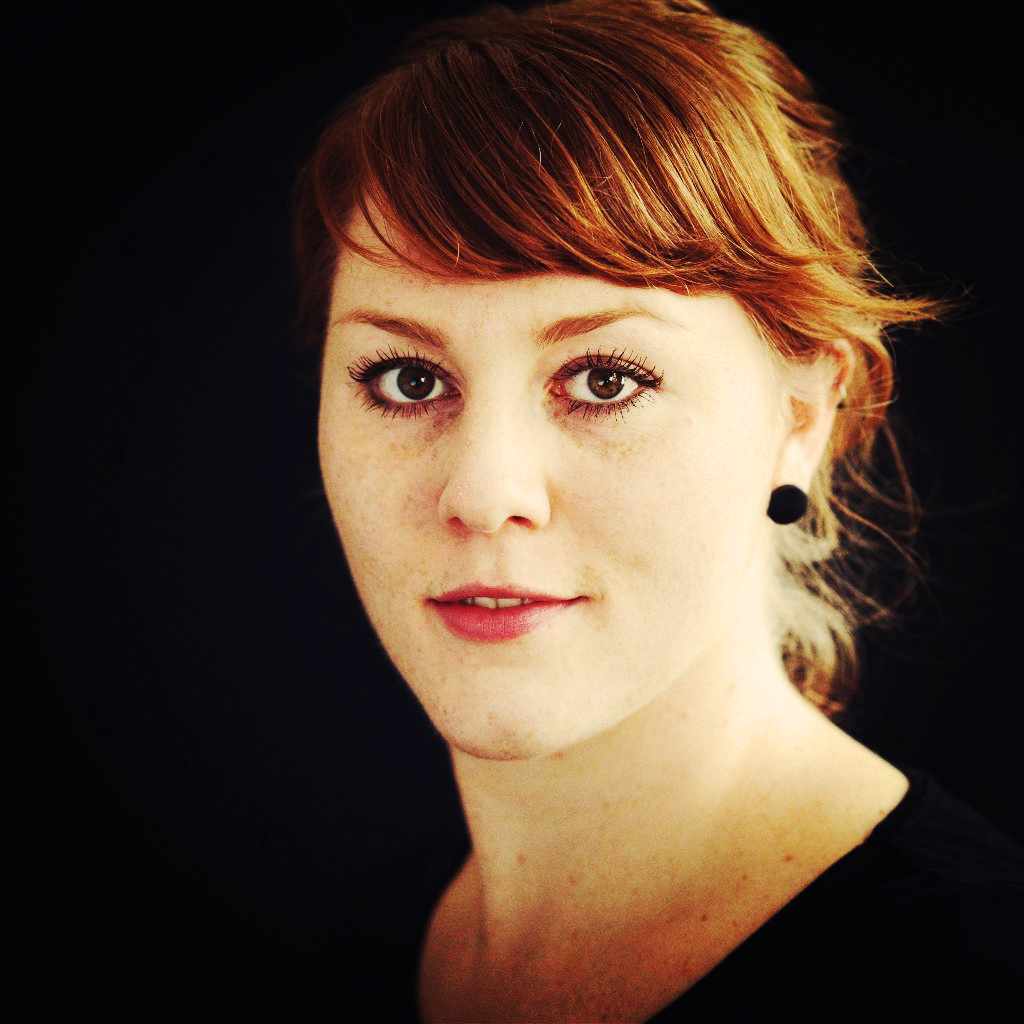While the resolution is relatively recent, it has attracted considerable interest and new institutional structures have been created in Sweden. Resources have been invested in the idea of the importance of gender and of women’s needs in peace processes. However, as shown by Katharina Hill, this effort has mainly focused on quantitative participatory aspects, i.e. the number of women participating at different levels and structures. Particular emphasis has been put in the participation and status of women and of gender knowledge in the Swedish Armed Forces. Such an approach, necessary as it may be as one single aspect of UN Resolution 1325, shifts the focus from peace processes to peace operations and thus seems to aim primarily at promoting the cause of civilized but still military operations, rather than ensuring the analysis and integration of gender sensitive concerns in non-military peace efforts. The gendered needs and plights of peace efforts are militarized and work with UN Resolution 1325 could be seen as a form of “genderwashing” pulling us even further away from the idea that sustainable peace needs to be constructed primarily with peaceful and gender sensitive tools.


 Gender equality in peace processes - is it all just genderwashed
Gender equality in peace processes - is it all just genderwashed
